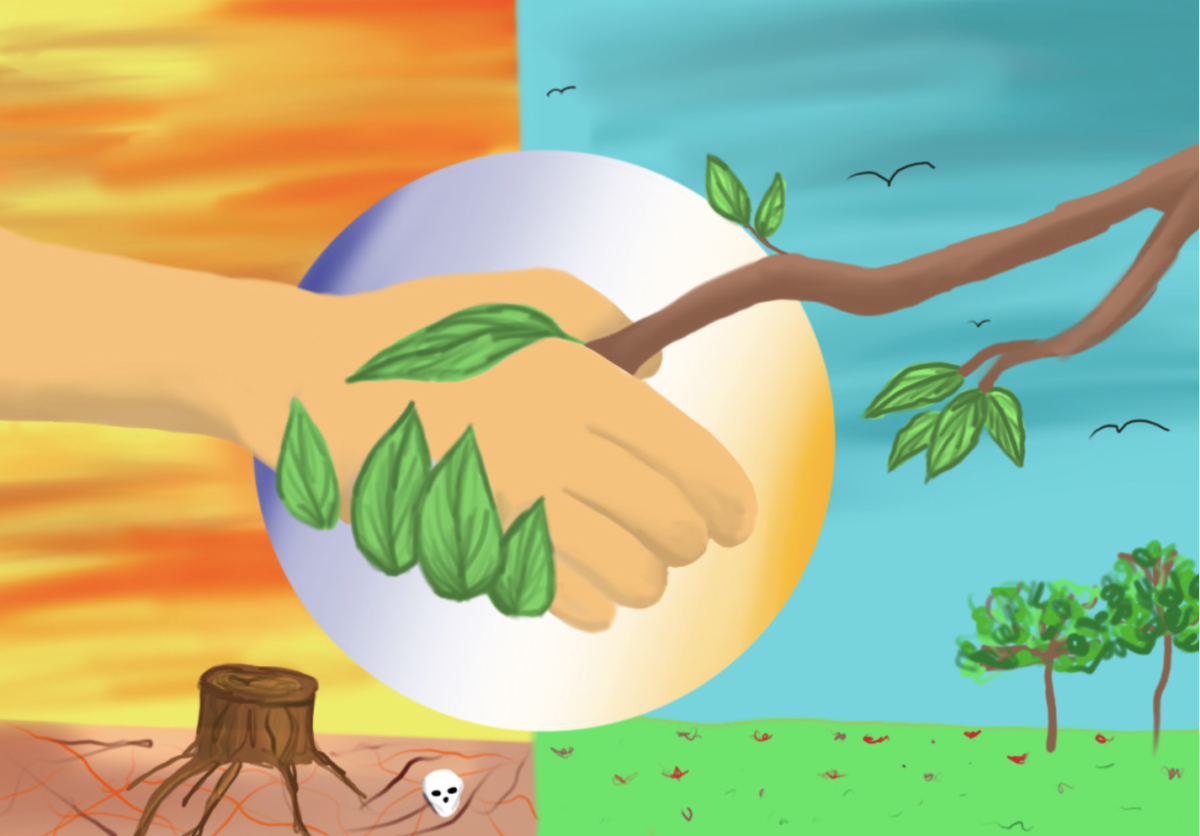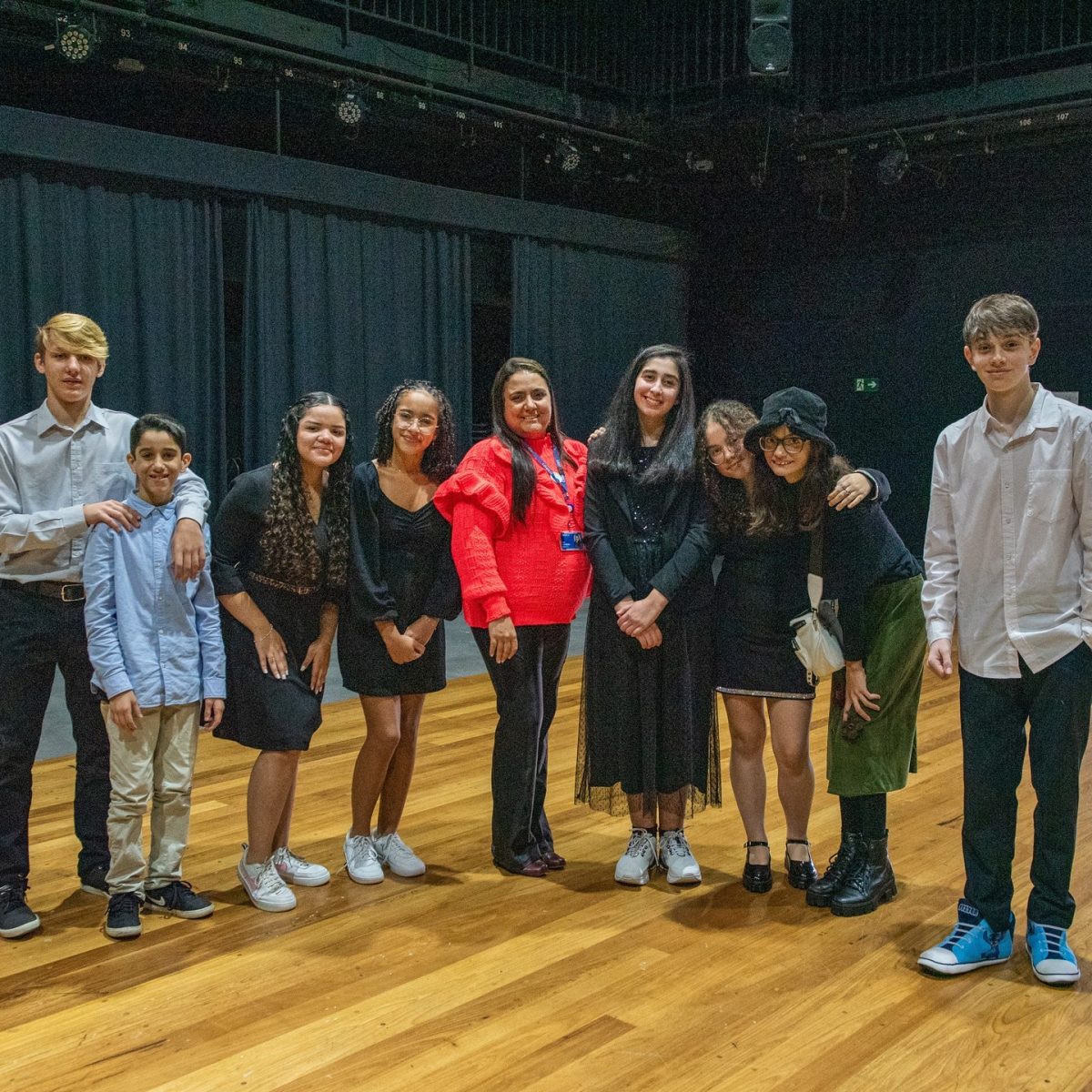In a world often bombarded by distressing headlines about environmental degradation, it’s easy to overlook the remarkable efforts made towards sustainability. Whether big or small, their differences are prominent in the race to preserve Planet Earth.
As demonstrated by the ongoing European heat waves, it has become essential to find affordable and innovative ways to maintain cool housing. Though one of the common solutions is air conditioning, it is a double-edged sword, intensifying climate change and aggravating the issue instead of solving it. With this in mind, the company Cool Roof France (CRF) has developed a revolutionary way to reduce the temperature inside homes by using approximately 130,000 tonnes of wasted oysters produced yearly in France. Because calcium is a main ingredient in paint, CRF extracts calcium from the oyster shell to serve as the calcium component in its paint. “[Air conditioning] is a solution that is making some cold inside the building by making some hot outside. So we are all impacted by this kind of crazy solution”, the CEO of CRF explains. Their paint is then applied to the roofs of buildings and homes, through a process of 3 layers. The first two layers make the paint last for about 20 years, while the last layer allows the paint to reflect 90% of the Sun’s rays away from the roof, decreasing the temperature by 6 to 7 degrees Celsius.
In India, greenhouse emission rates dropped by an impressive 33% in 14 years as a result of renewable energy generation and an increase in forest cover. Data from the Central Electricity Authority reveals that an astonishing 25% of India’s total power generation is renewable, in the form of hydroelectric and nuclear methods. The achievement of such a significant reduction is due to the government’s initiatives for non-energy generation, which includes addressing emissions in the transportation, industry, and energy production sectors. By reducing its greenhouse gas emissions, India serves as an example for other nations to move away from the typical use of fossil fuels to generate a greener environment. In addition to promoting a healthier population, decreasing greenhouse gas emissions reduces coal imports, changing energy prices, and therefore, incentivizing more low-impact approaches to energy production.
As noted by the Swiss government, about a third of all food items intended for consumption are either wasted or discarded. This is about an annual 330 kg of food waste per individual! Because of this, a nonprofit organization based in Geneva introduced public refrigerators in the streets, seeking to minimize food waste in Switzerland. These refrigerators allow individuals to both provide and obtain food that would otherwise go to waste. This project, known as “Free-Go”, is coordinated by the Eco-Citoyen association, an NGO that aims to promote sustainable development among the residents of the Geneva canton. The project’s network includes 4 locations spread throughout Geneva ever since its inception in June this year. In collaboration with Hospice Général, a public institution that is responsible for various social services supporting families in need, the project organizes visits to local stores to collect unconsumed items. These collected goods are then placed in the Free-Go refrigerators so that anyone in need can directly serve themselves. The initiative is looking to expand pickups near residential households, to further motivate other residential buildings to reduce food waste and share excess goods with others, making the community a better place to live.
At Graded, we seek to build a more eco-friendly environment. These efforts which have increased over past years have proven to be successful. For example, the Environmental Global Issues Network (EGIN) club, is dedicated to promoting a more Earth-conscious lifestyle at Graded through campaigns and projects, actively contributing to bringing awareness about the importance of a “greener” community. EGIN’s leader and founder, Gabriela Quiroga (grade 12), explains that their current project “involves educating the Graded community on how to separate waste into recyclables, non-recyclables, and compostables, because despite having a new bin separating system, a lot of the trash still gets mixed up, contaminating a lot of materials that could be recycled”. She also mentions that in 2022-2023, at Graded, 16.4 tons of waste were sent to recycling centers, a 14% increase from the 11.7 tons in 2021-2022. It is possible to observe a significant improvement in the separation of waste, contributing to a better collection and use of recyclable and organic waste!
Given the sheer quantity of worries about the future of the world, it can be easy to miss the amazing things people are doing to make it better. Through learning about these stories, one is reminded that such efforts toward making Planet Earth a better place are valid, no matter how big or small. Whether it’s through using oyster shells to cool houses, reducing food waste, or engaging in Graded projects that promote sustainability, all these ideas point in one direction – a brighter future for Planet Earth and all that reside in it. Everyone must play a part in ensuring the world continues to be the best place to live.
Sources:
https://eco-citoyen.ch/qui-sommes-nous/lassociation/
https://www.geneve.ch/en/actualites/inauguration-free-network-aimed-reducing-food-waste



















